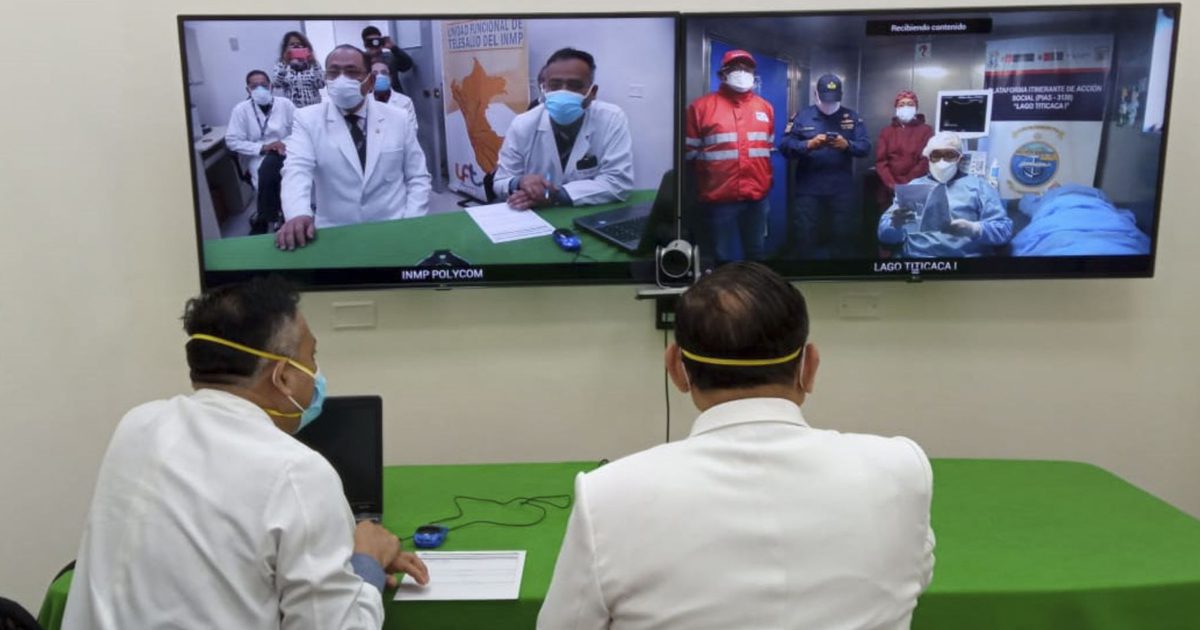A study published in the JAMA Network evaluated electronic symptom monitoring for patients undergoing cancer treatment.
The article “Effect of electronic symptom monitoring on patient-reported outcomes among patients with metastatic cancer” included a randomized clinical trial for the evaluation of electronic symptom monitoring techniques in cancer patients. The study showed that patients improved their control of their symptoms and their physical abilities.
The study questioned whether electronic monitoring can improve quality of life outcomes, for which the authors conducted a randomized trial that included 52 oncology practices and 1,119 patients, who were enrolled between October 2017 and March 2020.

This study conducted interventions in the form of patient-informed surveys, which were conducted electronically on a weekly basis, to monitor symptoms. Thus, the authors were able to compare electronic care with usual care. In this way, they managed to find significant improvements in the results of the quality of life of the patients after three months.
Compared with usual care, mean changes in quality of life from baseline to 3 months were significantly improved in the group of participants:
For physical function from 74.27 to 75.81%, for Control from 73.54 to 72.61% and for symptom control from 77.67 to 80.03%.
When severe or worsening symptoms appeared, the team in charge of the weekly electronic surveys alerted the specialists to act quickly and avoid short-term complications.
Consult the abstract of the study in the following link:
https://jamanetwork.com/journals/jama/article-abstract/2793279






